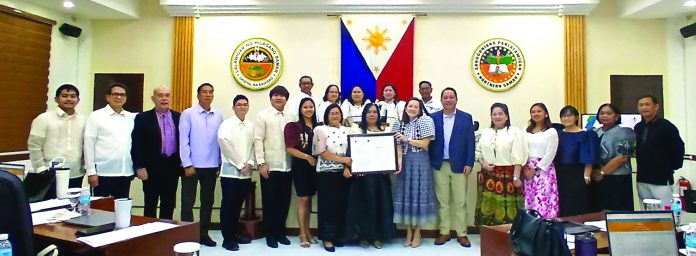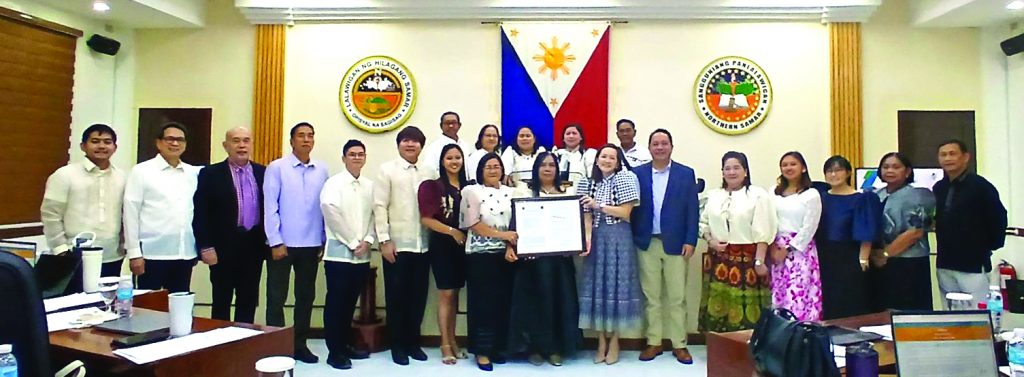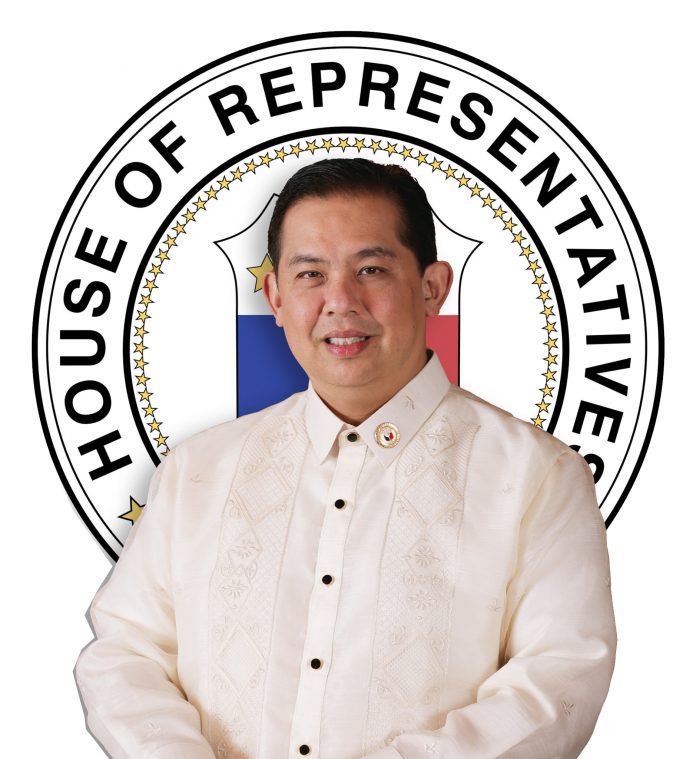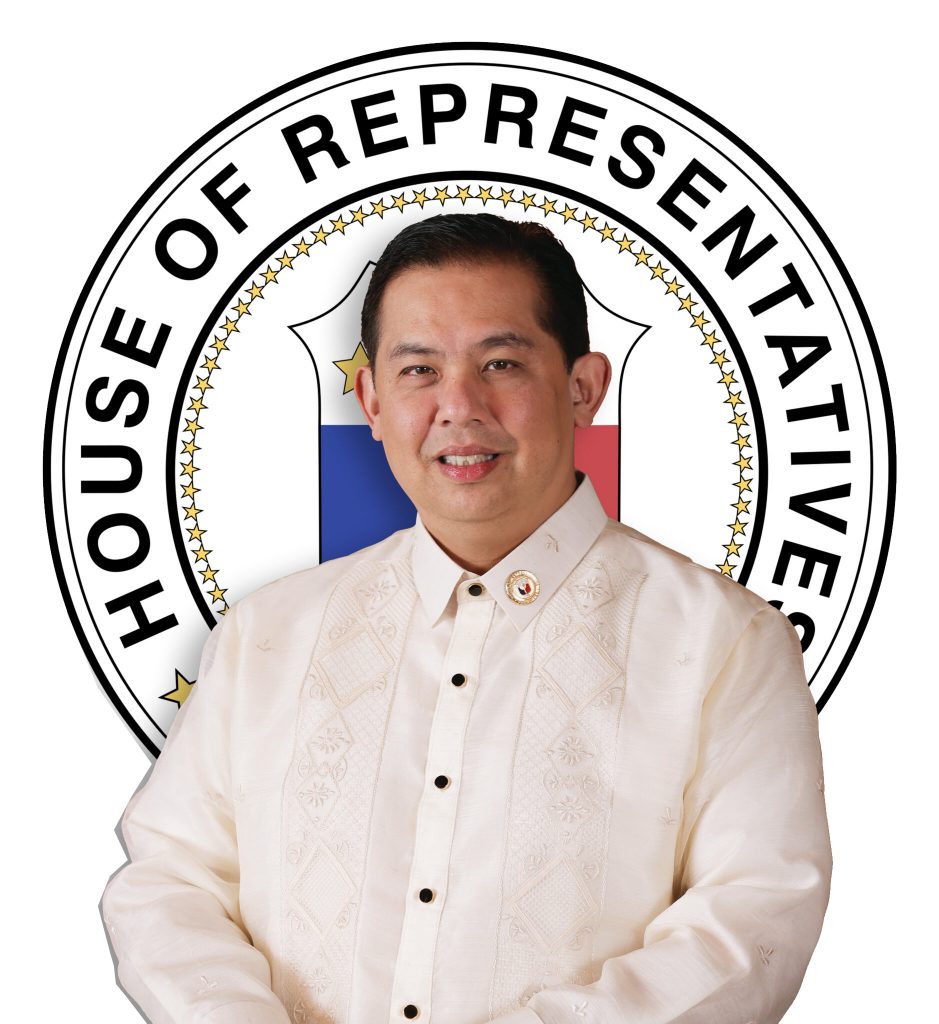TACLOBAN CITY — More than 11,800 residents in Calubian and San Isidro, Leyte, are set to gain improved access to safe and reliable water following the expansion and rehabilitation of Level III water systems funded under the 2024 Support and Assistance Fund to Participatory Budgeting (SAFPB), the Department of the Interior and Local Government (DILG) reported.
In Calubian, 6,005 residents across 11 barangays—including Abanilla, Juson, Matagok, Obispo, Pangpang, Paula, Padoga, Tabla, Tuburan, Villahermosa, and Villanueva—are expected to benefit from the ongoing water system improvements.
In San Isidro, 5,851 residents in Barangays Bawod, Capiñahan, and Crossing will similarly gain from the expansion and rehabilitation of their Level III water system.
DILG Leyte conducted project inspections to ensure implementation aligns with approved plans, timelines, and quality standards. Selected local government facilities were also assessed for compliance with Batas Pambansa Blg. 344, or the Accessibility Law, supporting inclusive infrastructure development and the criteria of the Seal of Good Local Governance.
San Isidro Vice Mayor Carmichael Villarino said the municipality is committed to completing the project by February 13, 2026, with ongoing technical support from DILG Leyte to ensure proper final testing and operational procedures.
Officials emphasized that sustained monitoring and technical assistance are crucial to ensuring that SAFPB-funded water system projects provide long-term access to potable water, improve sanitation, and enhance public health outcomes in beneficiary communities.
(ROEL T. AMAZONA)





